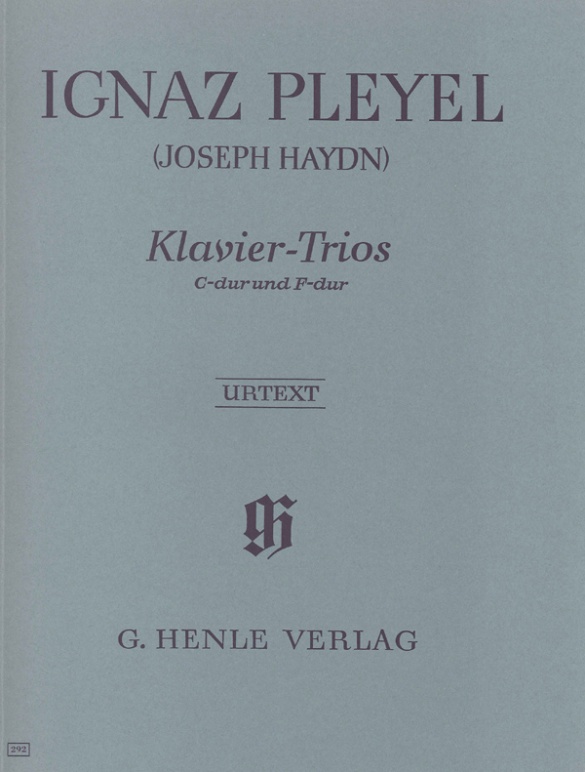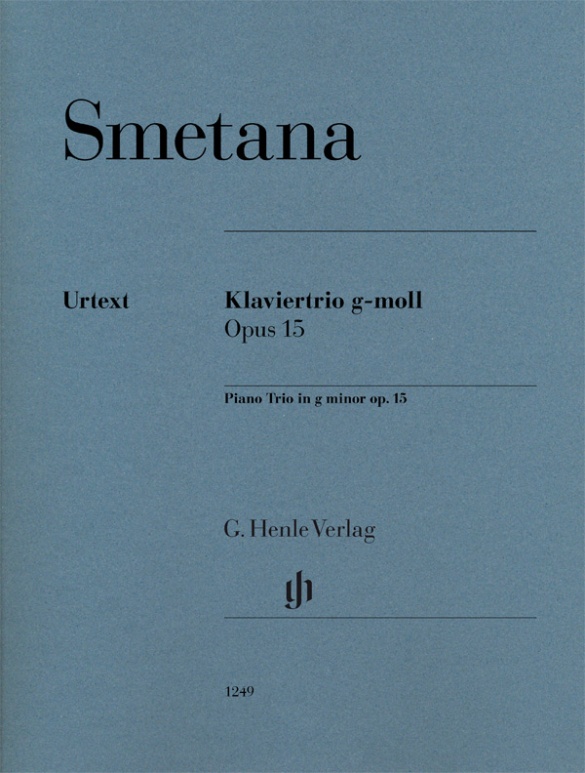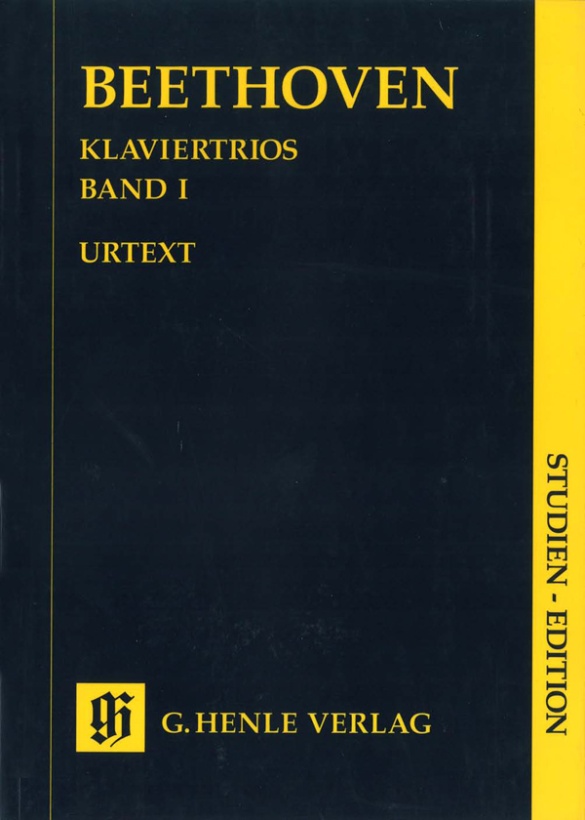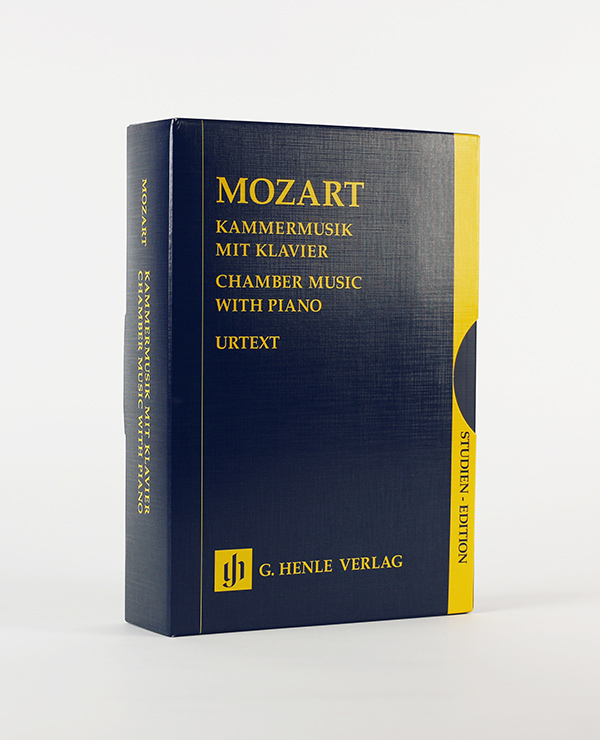Ignaz Pleyel
Piano Trios - previously attributed to Joseph Haydn
Can one imagine a better teacher of chamber music composition than Joseph Haydn? The Austrian Joseph Pleyel assimilated his teacher’s skill so well that his galant and substantial Piano Trios in C major and F major were initially attributed to the great master (and assigned the catalogue numbers Hob. XV:3 and Hob. XV:4). Pleyel’s compositions enjoyed great popularity and found wide dissemination in his day. Alongside symphonies and string quartets, his nearly fifty piano trios are a particular high-point in his oeuvre. Our Urtext edition here presents two brilliant examples.
Content/Details
About the Composer
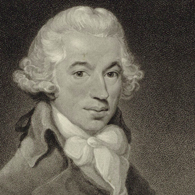
Ignaz Pleyel
A composer, piano builder, and music publisher. With his 41 symphonies, around 80 string quartets, six symphonies concertantes, piano trios, and two operas (among other works) he left behind an extensive oeuvre. During his lifetime he made a name for himself as a music publisher, while the innovative instruments of the Pleyel piano manufacturing company were valued by figures such as Chopin and Rossini.
| 1757 | Born in Ruppersthal near Vienna on June 18. He received his earliest musical education in Vienna from Johann Baptist Vanhal. |
| around 1772 | Count Ladislaus Erdődy provides financial patronage for five years of study with Joseph Haydn, as well as for lodging in Haydn’s home. An amicable relationship develops between Haydn and Pleyel. |
| around 1780 | He tours through Italy. For King Ferdinand IV of Naples he composes works for lira organizzata. |
| 1785 | On May 30, his opera “Ifigenia in Aulide” is premiered at the Teatro di San Carlo in Naples. He becomes music director at Strasbourg Cathedral. |
| 1787–95 | Most of his works are composed in Strasbourg. With the music director of the Temple Neuf, Johann Philipp Schönfeld, he inaugurates the Concerts Pleyel-Schönfeld. |
| 1791–92 | Following the invitation of Wilhelm Cramer to go to London, he becomes director of the Professional Concerts there. This enables performance of twelve of his own symphonies. |
| after 1796 | He founds a music publishing house in Paris with his brother-in-law Jean-Daniel Schäffer, and publishes some 4,000 works by important contemporaries such as Ludwig van Beethoven, Joseph Haydn, and Muzio Clementi. |
| 1807 | He founds the piano manufacturer Pleyel et Cie. |
| 1824 | His son Camille takes over the company. |
| 1831 | Dies in Paris on November 14. |
About the Authors
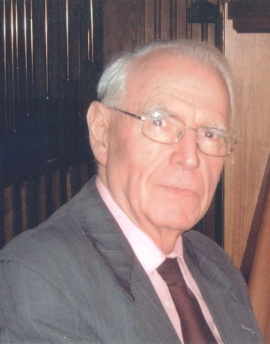
Wolfgang Stockmeier (Editor)
Prof. Dr. Wolfgang Stockmeier, born in 1931 in Essen, studied church music, school music, composition, musicology, German and philosophy in Cologne. In 1957 he did his doctorate and from 1957–1960 he worked in higher education in Essen, then as a head of department at the state teacher training college, before taking on a position as professor for organ, improvisation and composition at the music conservatory in Cologne until 1994. At the same time he was a lecturer at the University of Cologne and at the state church music schools in Düsseldorf and Herford for many years. In 1974 he became Head of the Institute for Protestant Church Music. From 1990 he was also pro-rector at the conservatory.
His international concerts lectures and jury activities have taken him to the USA and East Asia. He was awarded the “Deutscher Schallplattenpreis” for two of his recordings of organ music, of which he has made over 150. In addition to his work as an editor, he has published numerous compositions: four oratorios, three symphonies, an opera, (libretto by Gabriele Wohmann), twelve organ sonatas, three piano sonatas, as well as chamber music works and motets. Wolfgang Stockmeier died on 11 December 2015.
Product Safety Informations (GPSR)

G. Henle Verlag
Here you can find the information about the manufacturer of the product.G. Henle Verlag e.K.
Forstenrieder Allee 122
81476 München
Germany
info@henle.de
www.henle.com
recommendations
autogenerated_cross_selling
Further editions of this title
Further editions of this title


